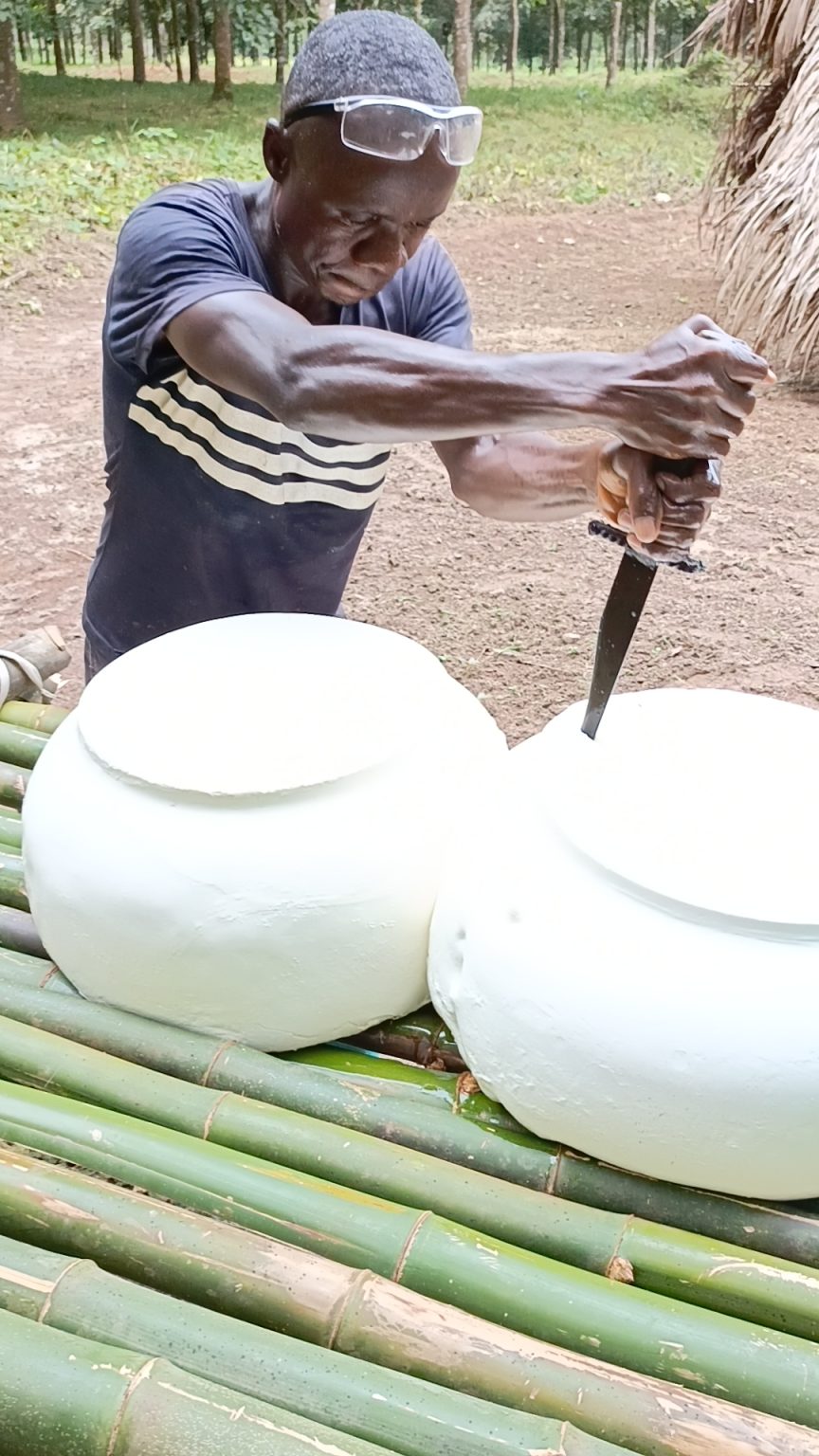The Liberian government, under the leadership of President Joseph Boakai, has embarked on a significant initiative to regulate rubber prices in the country, effective this June. This intervention comes as a welcome response to long-standing grievances from rubber farmers who have consistently lamented unfair pricing practices that have deprived them of the rightful value of their labor. The establishment of the Liberia National Rubber Pricing Committee, spearheaded by the Ministry of Agriculture, signals a crucial step towards ensuring equitable pricing within the rubber sector and alleviating the plight of local farmers.
For years, Liberian rubber farmers have been relegated to the position of price takers, leaving them vulnerable to exploitation by major players in the industry, namely Firestone Plantations and the Liberia Agriculture Company. These foreign corporations have historically dictated low prices, leaving farmers with limited options due to restrictions on selling their product beyond national borders. Consequently, despite the arduous labor involved in rubber cultivation, farmers have struggled to reap the economic benefits of their efforts.
The newly formed committee aims to address this imbalance by establishing a transparent and fair pricing mechanism. After a series of deliberations, the committee has adopted a formula that considers the average daily price of rubber on the Singapore Commodity Exchange for the preceding month, adjusted for dry rubber content. From this value, production costs are deducted, and a 10% profit margin for processors is incorporated to arrive at the final monthly price. This approach seeks to balance the interests of both farmers and processors while ensuring a more equitable distribution of profits.
The government’s intervention represents a pivotal moment for the Liberian rubber industry, promising a much-needed shift towards fair compensation for local farmers. The long-standing practice of exploitative pricing has hampered the economic growth of rural communities and perpetuated a cycle of poverty for those whose livelihoods depend on rubber production. By implementing a regulated pricing structure, the government aims to rectify this injustice and empower farmers to receive a just return for their hard work.
This move also carries broader economic implications for Liberia. A thriving rubber sector can contribute significantly to national revenue and create opportunities for economic diversification. By fostering a more equitable and sustainable rubber industry, the government can unlock the sector’s full potential and drive economic development across the country. Furthermore, empowering local farmers through fair pricing can improve living standards, stimulate rural economies, and enhance food security.
The success of this initiative hinges on effective implementation and ongoing monitoring. The government must ensure that the pricing mechanism is transparently applied and that all stakeholders, including farmers and processors, adhere to the established guidelines. Regular review and adjustments to the pricing formula may be necessary to adapt to market fluctuations and maintain fairness. Continued engagement with farmers and other relevant parties will be essential to address any challenges that arise and ensure the long-term sustainability of the new pricing regime. This landmark step marks a turning point for Liberia’s rubber farmers, offering hope for a more prosperous and equitable future. By addressing the historical imbalance in pricing, the government has demonstrated its commitment to supporting the agricultural sector and empowering local communities. The effective implementation of this policy will be crucial in transforming the lives of rubber farmers and unlocking the sector’s full potential for national economic growth.














